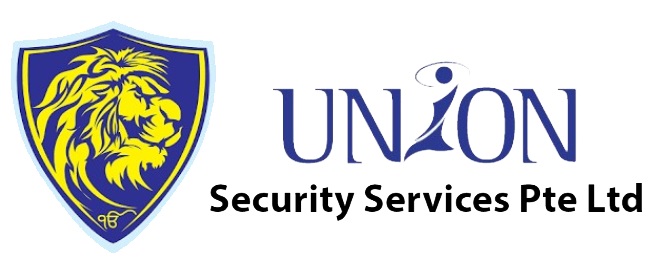
Control Room Monitoring
A security control room sits at the heart of a security operation and is usually a central hub within a facility or organisation where security personnel control and monitor security systems and processes. These systems may include CCTV cameras for remote video surveillance, access control systems, alarm systems, and other security technologies. The primary role of a control room is to monitor and respond to potential security threats in real-time, ensuring the safety and security of the facility or organisation.
The importance of a control room in protecting businesses cannot be overstated. In today’s world, businesses face a wide range of potential security threats, including theft, vandalism, and even terrorist attacks. A security control room serves as a critical line of defence against these threats, providing 24 hours a day surveillance and response capabilities to help keep businesses safe.
CCTV Technology in a Security Control Room Solution
CCTV, or closed-circuit television, is a widely-used security technology that allows security personnel to monitor and record activity within a facility or area. CCTV systems typically consist of cameras, displays, and recording equipment, which are connected via a closed circuit (hence the name).
One of the primary benefits of using CCTV in a security control room is its ability to provide real-time surveillance and monitoring. Security personnel can view live feeds from CCTV cameras on displays in the control room, enabling them to quickly identify and respond to potential security threats. CCTV cameras can also be equipped with features such as high-resolution images, night vision, and facial recognition software, which can further enhance their effectiveness in detecting and deterring security threats.
Some examples of CCTV technology that may be used in a control room include high-resolution cameras, pan-tilt-zoom (PTZ) cameras, and thermal imaging cameras. High-resolution cameras provide clear, detailed images that can be useful in identifying individuals or objects. PTZ cameras allow security personnel to remotely control the movement and focus of the camera, enabling them to quickly shift their focus to different areas of the facility. Thermal imaging cameras can detect heat signatures, making them useful for detecting individuals or objects in low-light or obscured environments.
Security Efficiency and Functions of a Security Control Room
Maintaining security efficiency in a control room is crucial for ensuring the effectiveness of the security system. There are several measures that can be taken to ensure security efficiency in a control room, including:
The importance of maintaining security efficiency in a control room cannot be overstated. Without proper security efficiency, security personnel may not be able to effectively respond to potential threats, leading to security breaches and potentially serious consequences.
Other Services Offered in a Security Control Room
In addition to CCTV surveillance and monitoring , control rooms may also offer a range of other services to enhance security for businesses. Some examples of these services include:
Click for assistance